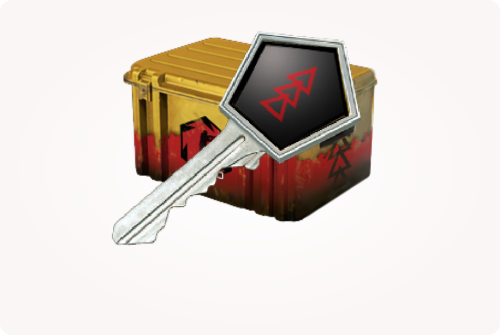Why Does CS2 Feel Laggy and How to Fix It
September 14, 2024 11:17 am
Counter-Strike 2 (CS2) is a beloved game, but many players experience lag issues that make CS2 feel laggy. Lag can ruin the gaming experience, making it frustrating to play. In this article, we will explore common reasons why CS2 feels laggy and provide practical fixes to improve your gameplay.
Lag in CS2 can be caused by various factors. Understanding these factors is the first step toward fixing the problem. Let’s dive into some common causes.
A poor internet connection is a common culprit. High ping and packet loss can make CS2 feel laggy. Check your internet speed and stability. Using a wired connection instead of Wi-Fi can also help reduce lag.
Sometimes, the issue is not on your end. CS2 servers can experience lag due to high traffic or maintenance. If many players report lag, the server might be the issue. In such cases, waiting for server improvements is the best option.
Your computer’s hardware can also affect CS2’s performance. Outdated or insufficient hardware can cause lag. Ensure your PC meets the game’s minimum requirements. Upgrading your RAM, GPU, or CPU can significantly improve performance.
Running multiple applications in the background can consume system resources. Close unnecessary programs to free up memory and processing power. This can help CS2 run more smoothly.
Incorrect game settings can lead to lag. Lowering the graphics settings can improve performance. Adjust settings like resolution, texture quality, and shadows to find the best balance between visuals and performance.
Outdated drivers can cause compatibility issues and lag. Regularly update your graphics card drivers and other essential components. This ensures optimal performance and stability.

Now that we understand the common causes, let’s explore practical fixes to make CS2 feel less laggy.
To optimize your internet connection, use a wired connection instead of Wi-Fi. Close other devices or applications using the internet. Consider upgrading your internet plan for higher speed and stability.
Before blaming your setup, check the server status. Websites like DownDetector can help you see if others are experiencing similar issues. If the server is down, wait for it to be fixed.
If your hardware is outdated, consider upgrading. Adding more RAM, upgrading your GPU, or getting a faster CPU can make a significant difference. Investing in better hardware can enhance your overall gaming experience.
Close unnecessary applications running in the background. Use Task Manager to identify and close resource-hungry programs. This frees up system resources for CS2.
Lowering graphics settings can reduce lag. Go to the settings menu and adjust options like resolution, texture quality, and shadows. Find a balance that provides smooth gameplay without sacrificing too much visual quality.
Keep your drivers up to date. Visit the manufacturer’s website to download the latest drivers for your graphics card and other components. Updated drivers can resolve compatibility issues and improve performance.

Experiencing lag in CS2 can be frustrating, but there are practical solutions. By understanding the common causes and implementing these fixes, you can enjoy a smoother gaming experience. Optimize your internet connection, check server status, upgrade hardware, close background applications, adjust game settings, and keep your drivers updated. With these steps, you can minimize lag and get back to enjoying CS2.
You might be interested in the following Articles:






















